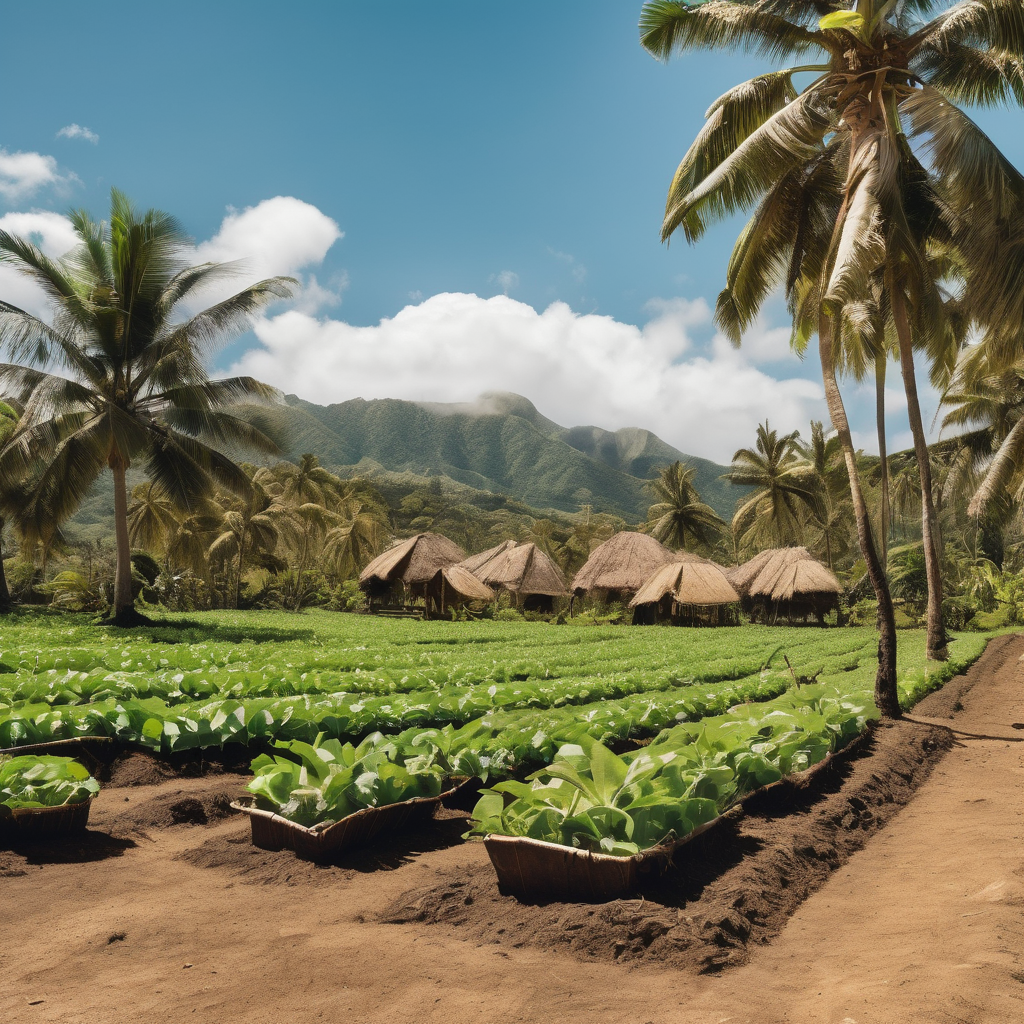Fiji is currently navigating a food crisis that arises from a complex blend of factors affecting both food security and nutrition. During World Food Day celebrations, Minister for Agriculture and Waterways, Tomasi Tunabuna, sounded the alarm, indicating that initial attempts to address food shortages have escalated into a critical situation. The nation is contending with significant obstacles, including climate change, rising prices, competition from international producers, and a heavy reliance on imported food.
Tunabuna noted that while the intent behind agricultural initiatives was to remedy food shortages, these issues have evolved into a full-blown crisis. To tackle this, the government is working to establish partnerships between the Ministry of Agriculture and the Ministry of Health, promoting healthier dietary practices in conjunction with actions aimed at securing long-term food availability.
He emphasized the necessity of forging alliances not just within government entities, but also through the implementation of policies designed to effectively address current challenges like climate change and market competition, which significantly affect food availability and affordability. A critical element of this strategy includes reducing food waste and encouraging local production to build a more robust food system.
Previous efforts have garnered some positive outcomes. Notably, Fiji has managed to reduce its food importation costs by $17 million while increasing exports, thanks to the Farm to Fork program, which emphasizes local sourcing and sustainability. This initiative is part of a broader aim to lessen reliance on foreign agricultural products and foster a more self-sufficient economy.
Despite these strides, there remains a considerable gap in nutritional access for many Fijians. Experts assert that enhancing local food production is vital to ensure the population has access to healthier food options. The intertwined issues of malnutrition and the rise of diet-related diseases underline the need for urgent, coordinated efforts to boost public health alongside food security.
Amidst these challenges, there is a promising opportunity for Fiji. By promoting collaboration, tapping into local agricultural innovations, and enacting strategic policies, the nation can work towards establishing a more sustainable food system that not only strengthens food security but also enhances the overall health and well-being of its citizens.
